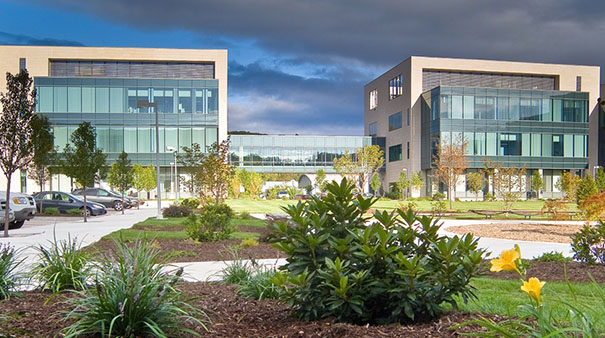FDA approves Regeneron's Eylea for diabetic retinopathy

Regeneron’s Eylea injection has been approved in the US for diabetic retinopathy, to treat all stages of the disease and reduce the risk of blindness.
Developed in collaboration with Bayer, Regeneron holds US rights to Eylea (aflibercept) with the German pharma marketing the drug outside the US.
Eylea is a huge moneyspinner for Regeneron bringing in sales of more than $1 billion per quarter, but it could be facing tough competition from Novartis’ brolucizumab.
Brolucizumab is under review by the FDA in Eylea’s main indication of wet age-related macular degeneration (AMD), and is also under development in diabetic retinopathy.
The FDA also approved Roche/Genentech’s Lucentis (ranibizumab) in 2017 to treat all stages of the disease and Regeneron is under pressure to maximise revenues in an increasingly competitive market.
Regeneron hopes that doctors and patients will find the two dosing options for Eylea attractive – they can either take it every eight weeks following five initial monthly jabs, or every four weeks.
Lucentis is injected every month, but if approved in wet AMD brolucizumab will be injected every 12 weeks.
Approval for Eylea for diabetic retinopathy was based on six-month and one-year trial results from PANORAMA, a phase 3 trial that enrolled 402 patients comparing the drug with placebo.
One trial arm also tested injections every 16 weeks, but although 65% of patients in that arm saw an improvement of more than two steps on a scale measuring disease severity, Regeneron has opted to go for the eight-week dosing schedule where the results were stronger.
Eylea is a vascular endothelial growth factor (VEGF) inhibitor formulated as an injection for the eye. It is designed to block the growth of new blood vessels and decrease the ability of fluid to pass through blood vessels (vascular permeability) in the eye by blocking VEGF-A and placental growth factor (PLGF), two growth factors involved in angiogenesis.












